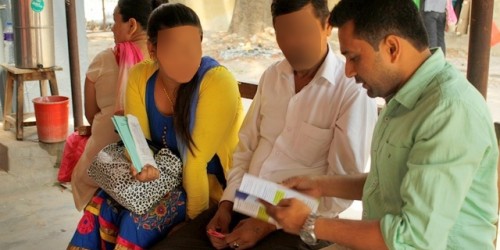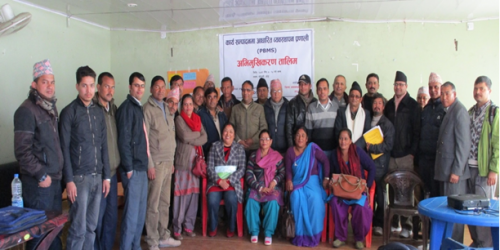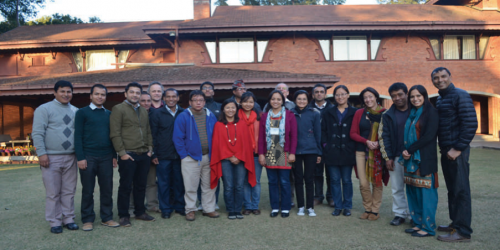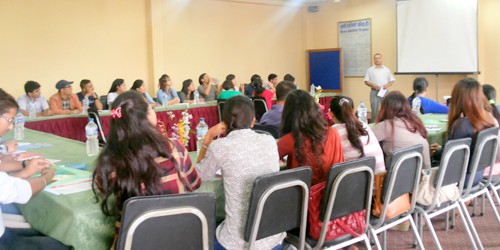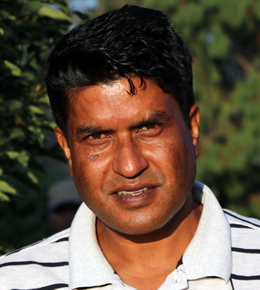Support to implementation of MSNP
Project Progress :
Started Date:September 01 2016 Completed Date:June 15 2018
Support to implementation of MSNP
Categories :Programme
CompletedIntroduction
A Multi-sector Nutrition Plan (MSNP) (2013-2017) was developed by the Government of Nepal (GoN) under the strategic leadership of National Planning Commission (NPC) in collaboration with External Development Partners (EDPs) and national stakeholders. The plan aims to improve maternal and child nutrition status by reducing under-nutrition conditions. Evidence shows that various bottlenecks are affecting effective implementation of MSNP at central, district and community level. In order to fulfill the existing gaps, UNICEF has developed a support model to provide strategic technical assistance and coordination mechanism to the seven line agencies at district level and support the local planning process using participatory approach.
In this regards, HERD in collaboration with National Nutrition and Food Security Secretariat (NNFSS) under the National Planning Commission (NPC), Ministry of Federal Affairs and Local Development (MoFALD), European Commission and UNICEF is supporting implementation of Multi-Sector Nutrition Plan (MSNP) in 28 districts. The support mechanism include provision of technical human resources (one District Coordinator (DC) and one Planning, Monitoring and Information Management Officer (PMIMO)) to be placed in District Development Committee (DDC) in each district for facilitating effective implementation of MSNP. The project is being implemented by HERD in two phases: first phase covering 17 districts (Panchthar, Khotang, Saptari, Dhanusha, Mahottari, Rautahat, Parsa, Nawalparasi, Kapilvastu, Bardiya, Jumla, Kalikot, Dadeldhura, Baitadi, Bajhang, Bajura, Accham) and second phase covering 11 districts (Udaypur, Sarlahi, Bara, Rolpa, Rukum, Dolpa, Jajarkot, Dailekh, Mugu, Humla, Doti).
Objectives:
1. Strengthen multisectoral collaboration through strategic technical assistance to ministries (especially, MoFALD and NPC/ NNFSS) and national key stakeholders;
2. Help local government bodies and other Line Agencies (LAs) in district and sub-district level (urban and rural municipality ) for mainstreaming nutrition in their periodic and annual plans and monitoring frameworks by adopting the multi-sector principles and approaches to the local context;
3. Help gain a detail understanding of ‘field implementation of multi-sector nutrition plan’, its interplay and synergies among local actors and institutions;
4. Establish and operationalise district specific nutrition sentinel surveillance system in two districts (Kapilvastu and Achham) to provide timely information on food security, nutritional status and their key determinants to inform policy and to help improve program implementation

